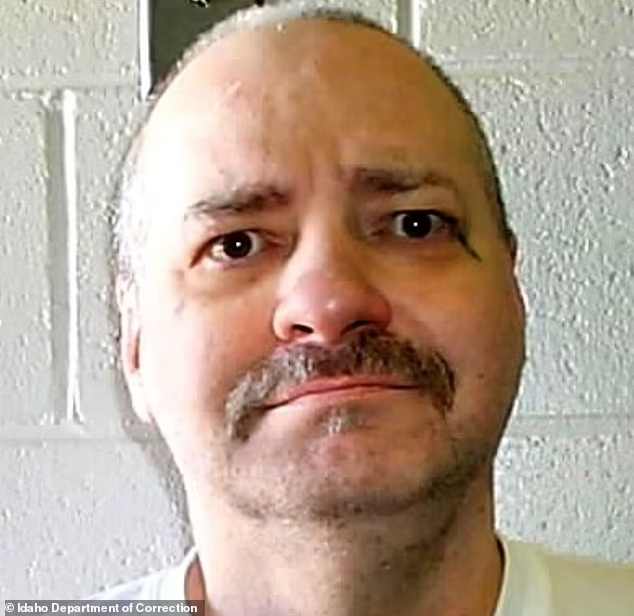Idaho lawmakers are deliberating whether to make the firing squad the primary method of execution, citing challenges with lethal injection procedures. The proposed change comes after the state struggled to execute a convicted murderer using lethal injection.
Background on the policy shift

State Representative Bruce Skaug introduced the bill following the botched February 2024 execution attempt of Thomas Eugene Creech. Despite multiple attempts, medics failed to administer the lethal injection due to issues finding a viable vein. Creech remains alive and in custody, with his case currently under appeal.
Idaho already permits firing squads as a backup method when lethal injection drugs are unavailable, but this bill would prioritize the practice beginning in July 2026. The delay allows time for upgrades to Idaho’s maximum-security prison facilities.
National context and perspectives
Currently, four other states permit the firing squad, but only as a secondary option. Utah, the last state to use this method, executed Ronnie Lee Gardner by firing squad in 2010. Legal experts, like Deborah Denno of Fordham University, argue the firing squad is less likely to result in botched executions compared to lethal injections.
The Department of Justice recently highlighted uncertainties surrounding pentobarbital, a common lethal injection drug, raising ethical concerns about its use. Some experts view the firing squad as quicker and less painful.
Opposition and ethical debate
Critics, including Democratic Representative Chris Mathias, oppose the bill, calling it “retributive killing.” They argue the state should reconsider its role in capital punishment altogether. However, Skaug defended the bill as a way to deliver justice efficiently and with “dignity for all.”
Outlook for the bill
The proposed legislation has advanced to a public hearing, reigniting debates over the morality and practicality of capital punishment in the United States.